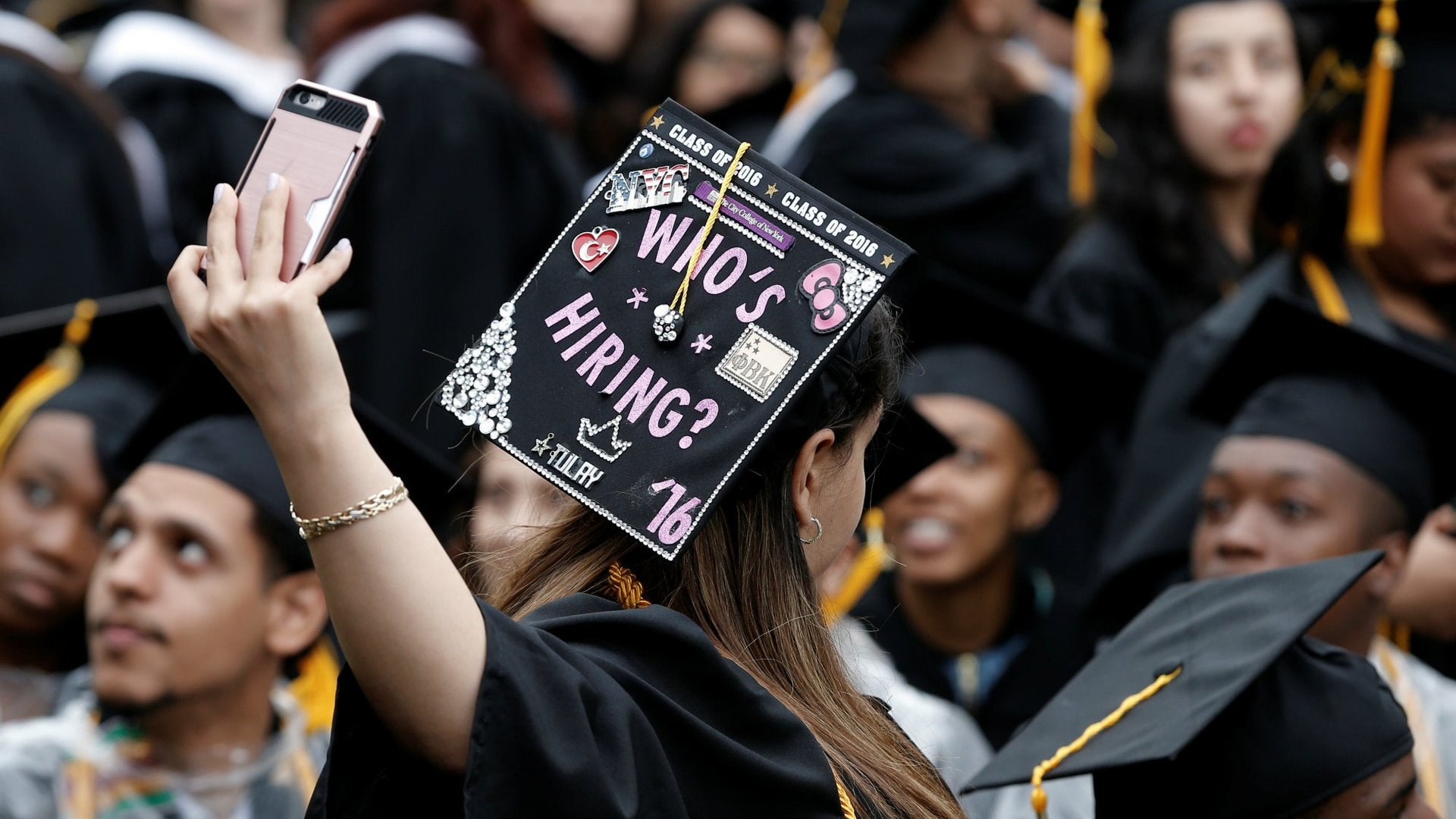Single women are less ambitious—but only when they think men are watching
Recently, economists had students at an elite MBA program answer questionnaires about their ideal job placements: salary, hours worked, and so forth. One group was told that individual responses would be discussed in class; the other was told the answers would be kept anonymous.


Recently, economists had students at an elite MBA program answer questionnaires about their ideal job placements: salary, hours worked, and so forth. One group was told that individual responses would be discussed in class; the other was told the answers would be kept anonymous.
Between the two settings, something remarkable happened (pdf) to the career ambitions of single female students. When single women thought their responses would be shared with male counterparts, they said they wanted $18,000 less per year in salary, to travel seven fewer days each month, and work four hours less per week than women who thought their responses would stay private. They also valued their work less, taking a hypothetical 18% cut in pay for an 8% cut in working hours.
In a separate experiment, when researchers asked if participants would prefer a job with long hours and a big salary over a lower-paying one with fewer hours, 68% of single women in all-female groups wanted the better-paid one. In a mixed-gender group, only 42% did. When asked to choose between a job on a fast track to promotion with lots of required travel and one on a slower career trajectory but less travel, 79% of single women in all-female groups wanted the high-travel job. If men were in the room, that dropped to 37%.
The effect wasn’t there for women in relationships. Nor for men, attached or not. Only single women—even ones with a vested interest in business and are at a prime launching point in their careers—felt compelled to hide their ambitions in the presence of potential partners.
The findings echo what Harvard Business School administrators discovered when they analyzed why female students consistently received lower participation grades than male peers. Multiple studies have found that female traits consistent with professional success—intelligence, ambition, and high earning potential—are a turn-off for men.
Unattached female students feel caught, as The New York Times put it, “between academic and social success.” Consciously or not, single female students are making assumptions about what men want based on—well, based on what a lot of men say they want. The Times quoted a female student ambivalent about dating male classmates after hearing comments like, “She’s kind of hot, but she’s so assertive.”
Meanwhile, demographics suggest that men are less attracted to classmates than women are: 31% of married female HBS grads aged 25 to 30 are married to fellow alums, compared with 16% of men. For married alums aged 31 to 47, 23% of women and just 9% of men are partnered with business school classmates.
Facebook COO Sheryl Sandberg has repeatedly admonished women not to curtail their goals prematurely to accommodate future family responsibilities—in other words, don’t “leave before you leave.” But some women, it seems, are leaving before they even begin.